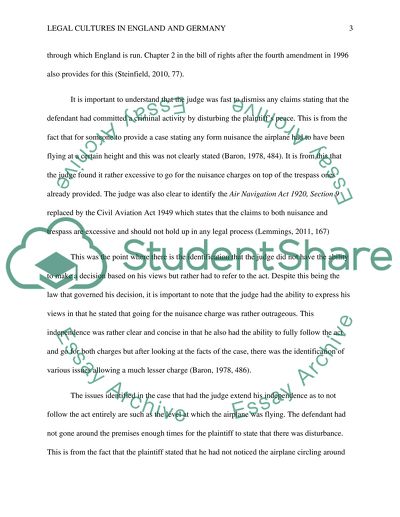Cite this document
(“How legal cultures differ from England to Germany Essay”, n.d.)
How legal cultures differ from England to Germany Essay. Retrieved from https://studentshare.org/law/1459951-how-legal-cultures-differ-from-england-to-germany
How legal cultures differ from England to Germany Essay. Retrieved from https://studentshare.org/law/1459951-how-legal-cultures-differ-from-england-to-germany
(How Legal Cultures Differ from England to Germany Essay)
How Legal Cultures Differ from England to Germany Essay. https://studentshare.org/law/1459951-how-legal-cultures-differ-from-england-to-germany.
How Legal Cultures Differ from England to Germany Essay. https://studentshare.org/law/1459951-how-legal-cultures-differ-from-england-to-germany.
“How Legal Cultures Differ from England to Germany Essay”, n.d. https://studentshare.org/law/1459951-how-legal-cultures-differ-from-england-to-germany.


